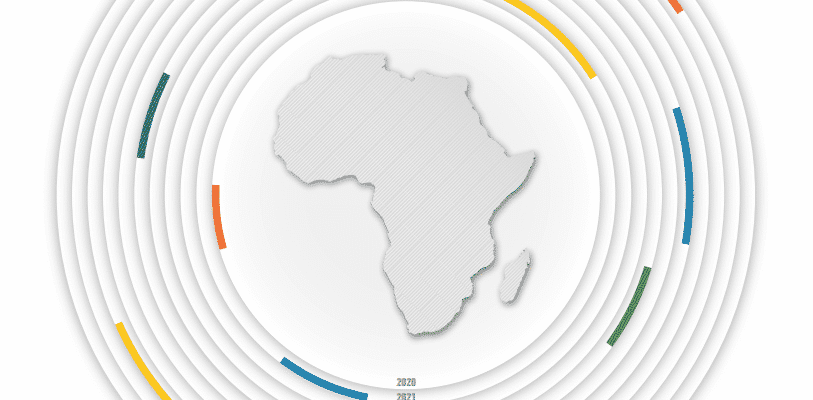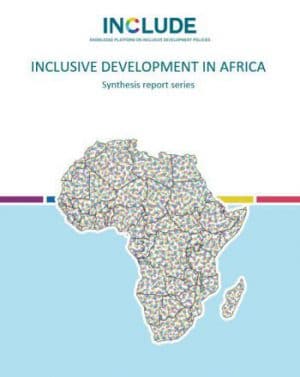
Brookings’ latest Foresight Africa report is a special edition reflecting on the past 5 years of development and marking the 10-year countdown to the SDGs. The report takes an optimistic outlook on growth and recognises multiple opportunities for inclusion and empowerment, but also warns of the looming threats of demographic and climate change which make this period ‘make or break’ for the continent. Here, we reflect on key features of the report and how they compare with previous Foresights.
- Many of the conclusions presented in this year’s report reiterate and build on the recommendations of past editions. Resource mobilisation, large-scale job creation, women’s empowerment, better governance and harnessing the digital potential continue to be of top priority for achieving inclusive growth across Africa. The continent must find innovative ways of overcoming constraints to finally achieve these goals, in particular new financing mechanisms, deeper partnerships and more inclusive institutional processes.
- Certain additional foresights of the new report should be considered. One of these foresights, occupying a whole chapter on its own, is the urgent need to mitigate the impacts of climate change. The authors make it clear that all other efforts to accelerate human development are redundant without addressing the region’s vulnerability to natural disasters, food insecurity and displacement.
- Emphasis is also placed on harnessing the revolutionary aspects of technological change (Chapter 5, written by INCLUDE platform member and executive director of the AERC Njuguna Ndung’u). Where past reports discussed the need to balance the threats to labour with the opportunities for education and productivity that are linked to digital developments, the 2020 report explores how, in the coming years, things like artificial intelligence will transform ways of doing work and achieving wellbeing and how important it is to invest in and embrace technological solutions to climate change, multi-dimensional poverty and de-industrialisation.
- Another notable insight is the shift towards an externally-orientated approach to development. In 2018, a major focus was on inner strength, institution building and regional partnerships for defence and diplomacy. In 2019, the emphasis was on fixing fragility through local private sector development, regional free trade and attracting foreign investment. The 2020 report envisions a stronger leadership role for Africa in the global economy over the coming decade by taking advantage of its natural resources, growing workforce and multi-lateral relationships.
- The notion of good governance has transitioned to inclusive governance. Instead of focusing on the effectiveness and stability of institutions, the who and how of development processes will become more and more important for shaping the environment to enhance peace, prosperity and equality.
Overall, the report foresees a shift for Africa from playing catch-up to taking a greater leading role in its own as well as global development. Progress in the next 10 years depends on the region fostering real cooperation and innovation, and on positioning itself ahead of the game to prepare for the growing challenges it will face in the coming decade.
